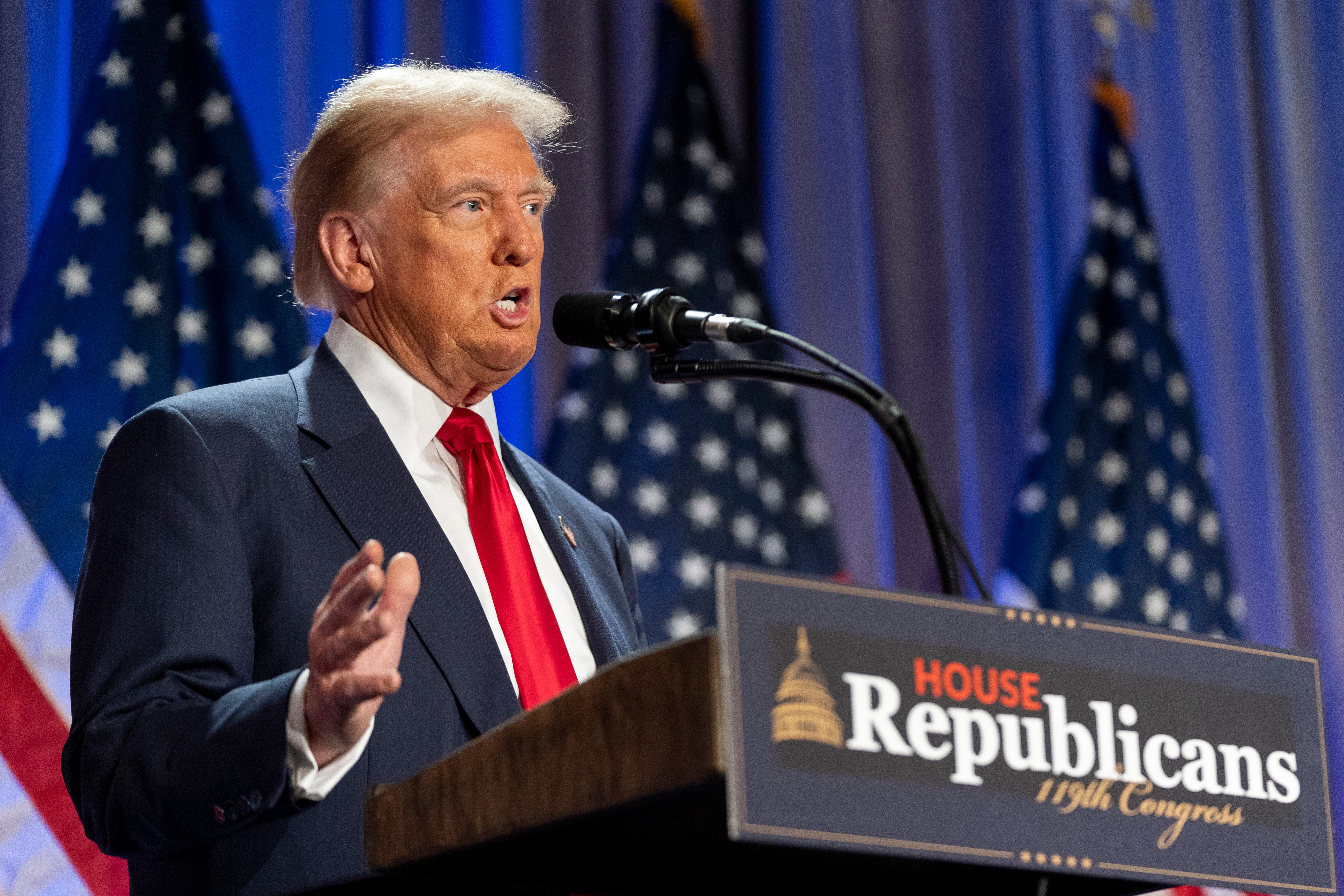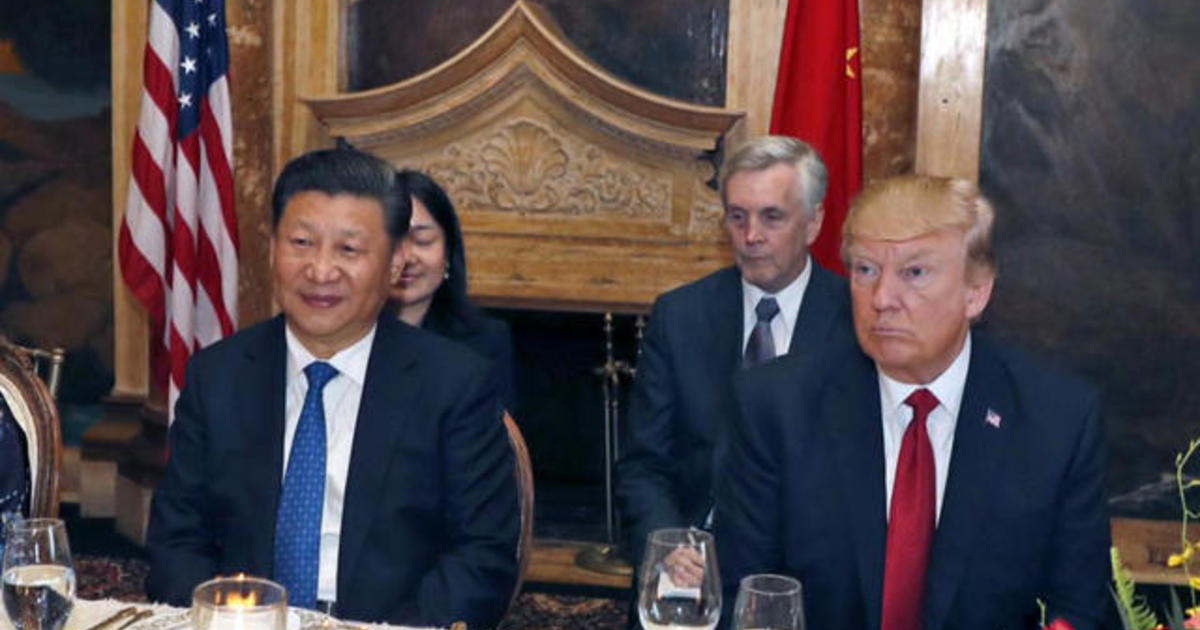Traveling to the U.S. has always been a dream for many, but recent geopolitical tensions and retaliatory tariffs imposed against Trump-era policies have sparked ethical debates about whether it's the right choice to visit the country. Should you book that trip to the U.S.? A philosophy professor delves into the ethics of retaliating against Trump tariffs and provides insights that might change your perspective on travel plans.
Travel enthusiasts and economic analysts alike are questioning the implications of visiting the United States in light of ongoing trade disputes and retaliatory tariffs. The decision to travel is not just about personal preference; it involves a deeper understanding of the ethical implications tied to global politics.
In this article, we will explore the ethical dimensions of planning a trip to the U.S., especially in the context of tariffs and countermeasures. By examining the arguments from both sides and considering expert opinions, you can make an informed decision about whether traveling to the U.S. aligns with your values.
Read also:France Vs Croatia A Comprehensive Analysis Of The Rivalry History And Impact On Global Football
Table of Contents
- Introduction
- Philosophy Professor's Perspective
- Impact of Trump Tariffs
- The Ethical Debate
- Economic Effects on Both Sides
- The Role of Tourism in Retaliation
- Individual Responsibility in Global Issues
- Data and Statistics on Trade Relations
- Potential Consequences of Boycotting Travel
- Conclusion
Introduction
Traveling to the United States has been a lifelong aspiration for countless individuals worldwide. However, recent geopolitical developments have introduced new considerations into the decision-making process. The imposition of retaliatory tariffs against Trump-era policies has raised ethical questions about whether visiting the U.S. supports or undermines these economic measures.
This article seeks to explore the complex interplay between geopolitics, ethics, and personal choices. By analyzing the arguments presented by a philosophy professor, we aim to provide a balanced perspective on whether booking a trip to the U.S. aligns with ethical principles.
Ultimately, the decision to travel is deeply personal, but it is essential to consider the broader implications of such choices. This exploration will delve into the ethical dimensions of retaliatory tariffs and their impact on global relations.
Philosophy Professor's Perspective
A prominent philosophy professor has weighed in on the ethical considerations surrounding travel to the U.S. amid retaliatory tariffs. According to Dr. Emily Carter, a professor of ethics and global studies at a prestigious university, the decision to visit the U.S. should be guided by a nuanced understanding of the geopolitical landscape.
Dr. Carter emphasizes that ethical decisions are not binary. "While supporting retaliatory measures might seem like a patriotic stance, it is crucial to recognize the interconnectedness of global economies," she explains. "Traveling to the U.S. does not necessarily mean endorsing Trump-era policies; instead, it can foster cultural exchange and mutual understanding."
Key Ethical Principles
Dr. Carter outlines several ethical principles to consider:
Read also:What Time Does Severance Come Out A Comprehensive Guide For Fans
- Global solidarity: Recognizing the shared responsibility of nations in addressing economic disparities.
- Cultural diplomacy: Acknowledging the role of travel in promoting cross-cultural dialogue.
- Economic impact: Evaluating the potential consequences of travel decisions on local communities.
Impact of Trump Tariffs
The tariffs imposed during the Trump administration have had far-reaching effects on international trade relations. These measures, aimed at protecting domestic industries, have sparked retaliatory actions from several countries, including Canada, the European Union, and China.
For instance, the EU responded by imposing tariffs on American goods such as bourbon, motorcycles, and denim. These countermeasures have led to a ripple effect in global markets, affecting industries and consumers alike.
Economic Ripple Effects
The impact of tariffs extends beyond direct trade relations. Key areas affected include:
- Supply chains: Disruptions in global supply chains have increased costs for businesses and consumers.
- Employment: Industries reliant on international trade have experienced job losses due to reduced demand.
- Consumer prices: Tariffs often lead to higher prices for imported goods, affecting purchasing power.
The Ethical Debate
The ethical debate surrounding retaliatory tariffs is multifaceted. On one hand, supporting retaliatory measures can be seen as a way to hold accountable nations that impose unfair trade practices. On the other hand, boycotting travel to the U.S. might inadvertently harm innocent individuals and communities dependent on tourism.
Dr. Carter argues that ethical considerations should extend beyond national boundaries. "It is important to differentiate between government policies and the people affected by them," she notes. "Traveling to the U.S. can contribute positively to local economies while fostering mutual respect."
Arguments for and Against
Here are the key arguments on both sides:
- Supporting Retaliation: Advocates argue that withholding travel supports economic pressure on the U.S. to reconsider its policies.
- Opposing Retaliation: Critics contend that travel boycotts disproportionately affect vulnerable populations and may not achieve the desired political outcomes.
Economic Effects on Both Sides
The economic effects of retaliatory tariffs are significant for both the U.S. and countries imposing countermeasures. For the U.S., reduced tourism can lead to job losses in the hospitality and service sectors. Conversely, countries imposing tariffs may face retaliatory actions that further strain their economies.
According to a report by the World Tourism Organization, international tourism generates approximately $1.7 trillion annually. Any disruption in this sector can have profound implications for global economic stability.
Statistical Insights
Consider the following statistics:
- In 2022, international tourist arrivals reached 900 million, recovering to 63% of pre-pandemic levels.
- The U.S. tourism industry supports over 8 million jobs and contributes significantly to the national GDP.
- Retaliatory tariffs have led to a 15% decrease in travel bookings from certain regions.
The Role of Tourism in Retaliation
Tourism plays a crucial role in shaping economic relations between nations. By choosing to travel or boycott a destination, individuals can influence geopolitical dynamics. However, this influence must be exercised responsibly, taking into account the broader implications of such decisions.
Dr. Carter suggests that travelers can make a positive impact by supporting local businesses and communities. "Rather than avoiding the U.S. altogether, consider directing your spending towards sustainable and ethical tourism practices," she advises.
Responsible Travel Tips
Here are some tips for responsible travel:
- Choose eco-friendly accommodations and transportation options.
- Support local artisans and small businesses during your trip.
- Engage with the local culture and community to promote mutual understanding.
Individual Responsibility in Global Issues
Individuals have a responsibility to contribute positively to global issues, including trade disputes and retaliatory tariffs. While governments negotiate trade agreements, citizens can influence outcomes through their choices and actions.
Dr. Carter highlights the importance of informed decision-making. "Understanding the context and consequences of your actions empowers you to make ethical choices that align with your values," she states.
Steps to Informed Decision-Making
To make informed decisions, consider the following steps:
- Stay updated on global trade developments and their implications.
- Engage in discussions with experts and peers to broaden your perspective.
- Reflect on your values and how they align with your travel choices.
Data and Statistics on Trade Relations
Data from reputable sources underscores the significance of trade relations in shaping global economies. According to the International Monetary Fund, trade tensions can reduce global GDP by up to 0.8% annually.
A study published in the Journal of Economic Perspectives reveals that retaliatory tariffs have led to a 5% decline in trade volumes between affected nations. These figures highlight the potential long-term consequences of trade disputes on economic growth and stability.
Key Statistics
Here are some key statistics to consider:
- Global trade accounts for approximately 28% of world GDP.
- Retaliatory tariffs have affected over 20% of global trade in certain sectors.
- Consumer confidence has declined by 10% in regions impacted by trade disputes.
Potential Consequences of Boycotting Travel
Boycotting travel to the U.S. as a form of retaliation may have unintended consequences. While it sends a message of disapproval, it can also harm local economies and communities dependent on tourism. Additionally, it may limit opportunities for cultural exchange and mutual understanding.
Dr. Carter warns against adopting simplistic solutions to complex issues. "Boycotts can be powerful tools, but they must be used judiciously to avoid causing harm to innocent parties," she cautions.
Evaluating the Impact
When evaluating the impact of travel boycotts, consider the following:
- Short-term vs. long-term effects on economic stability.
- Alternatives to boycotts that promote constructive dialogue.
- Ways to support affected communities without undermining ethical principles.
Conclusion
In conclusion, the decision to book a trip to the U.S. amid retaliatory tariffs requires careful consideration of ethical, economic, and cultural factors. By examining the arguments presented by experts like Dr. Emily Carter, travelers can make informed decisions that align with their values and contribute positively to global relations.
We invite you to share your thoughts and experiences in the comments section below. Engaging in meaningful discussions can help shape a more ethical and sustainable approach to travel. Additionally, explore other articles on our site to deepen your understanding of global issues and their impact on personal choices.


